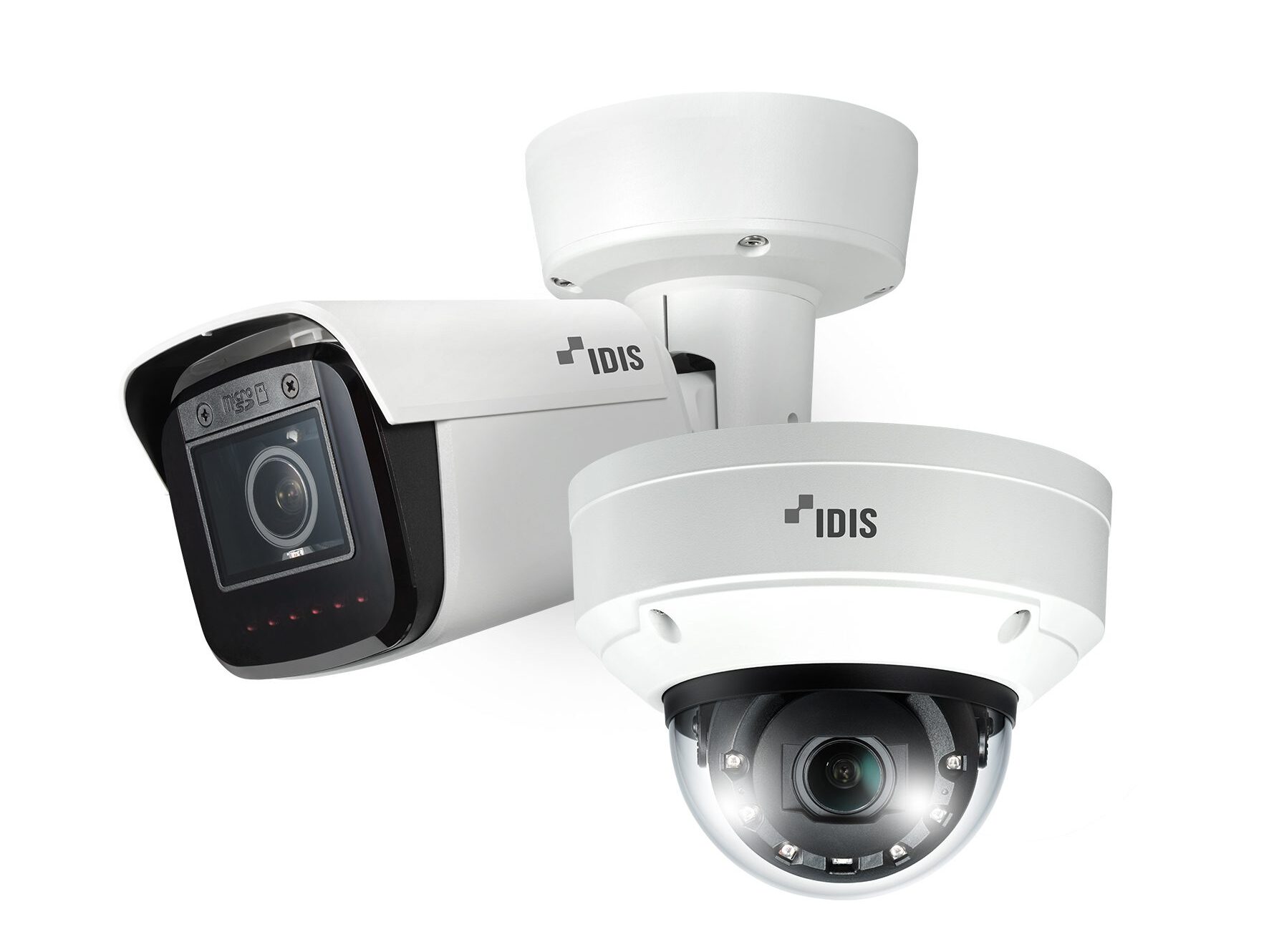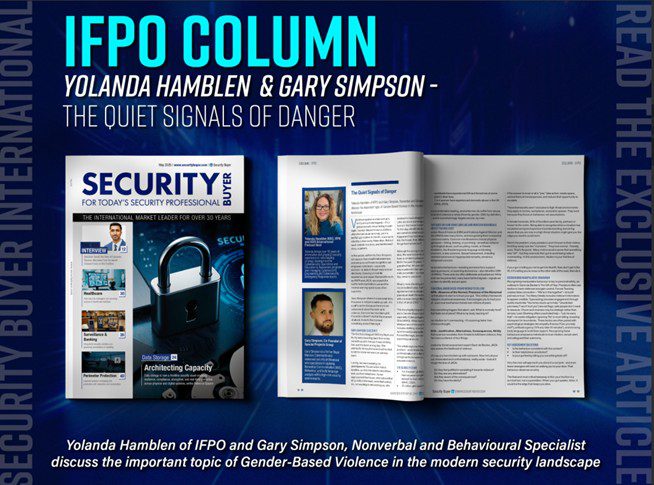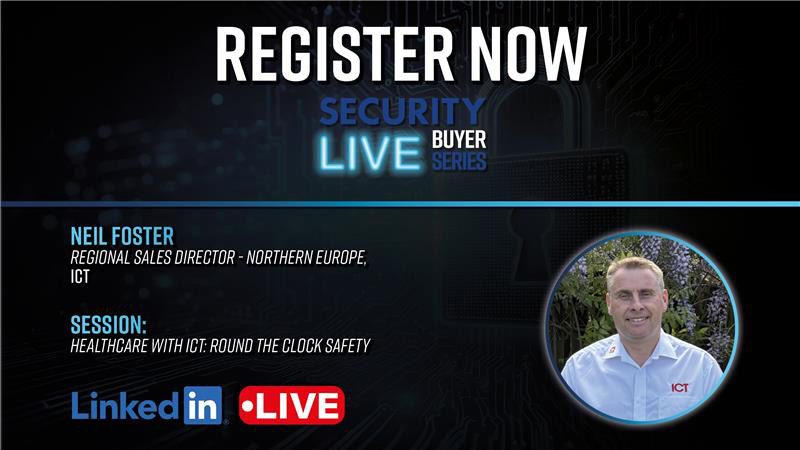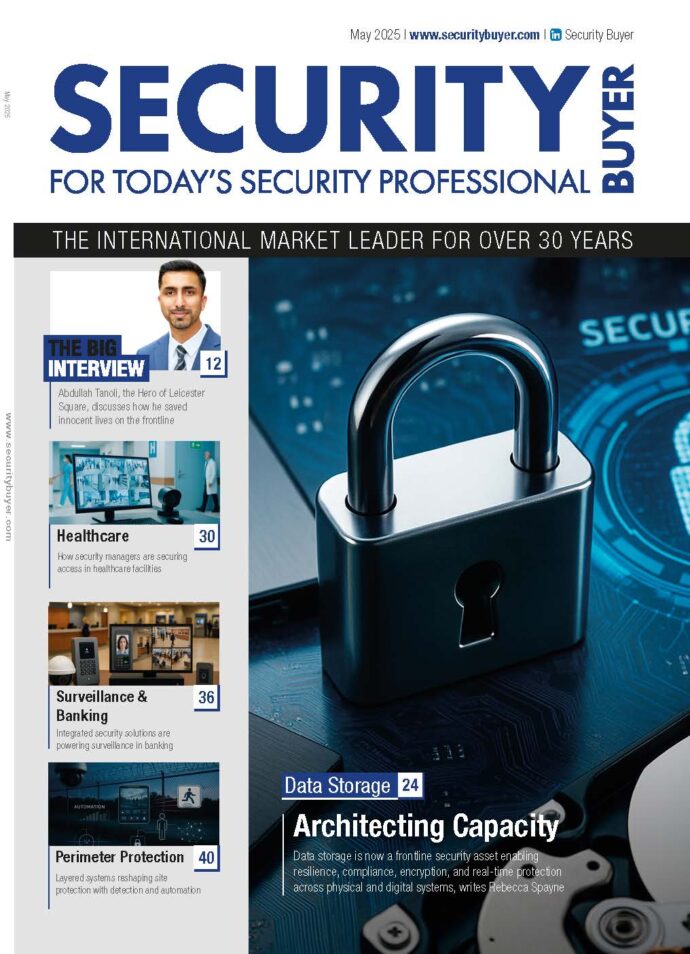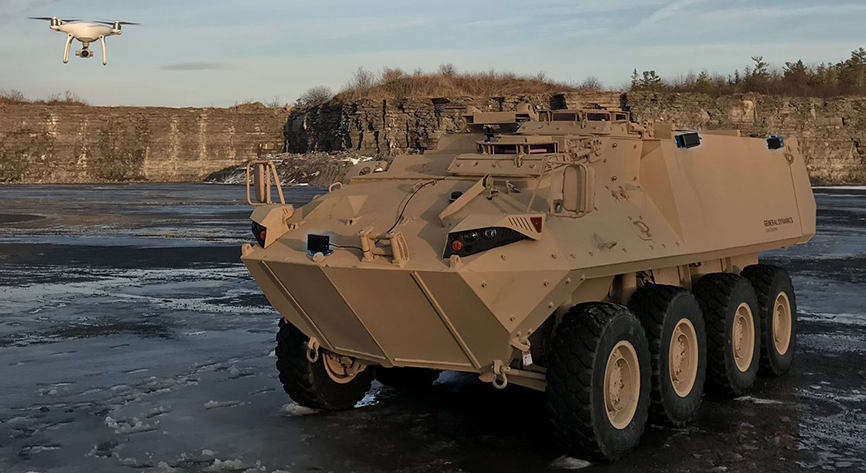Written by Philip Ingram MBE
“It is said that if you know your enemies and know yourself, you will not be imperiled in a hundred battles; if you do not know your enemies but do know yourself, you will win one and lose one; if you do not know your enemies nor yourself, you will be imperiled in every single battle”. Sun Tzu – 6th Century BC
Military Intelligence in business?
Sun Tzu’s quotation is apt; in business your enemies are your competitors but your customers have an equal say.
The press is always full of stories that enhance the mystique of military intelligence but are there any lessons for business?
The first point to note is that as a taxpayer you have paid for the national and military intelligence organisations. You have paid for their information collection systems and the processes they have developed to bring all of this information together into intelligence. So you should know about those areas that are not classified especially if they could help your business.
Military intelligence is a military discipline that exploits a number of information collection and analysis methods to provide decision support to commanders.
This is achieved by providing an assessment of multi-source information, focused to meet the needs of the decision maker. These ‘information requirements’ start the process of direction, collection, analysis and dissemination called the intelligence cycle. Military Intelligence is almost exclusively focused on ‘the enemy’ but there is a clear need to have an understanding of your own capabilities in order to assess the enemy’s ability to influence yourself.

Business intelligence is a set of theories, methodologies, processes, architectures, and technologies that transform raw data into meaningful and useful information. It is focused on yourself where as Competitive intelligence has a focus on company competitors. In reality business intelligence can and should include the subset of competitive intelligence.
The Intelligence Cycle is equally applicable. However, it is important to clarify what is meant by intelligence. Simply put data is processed into information and information when collated and assessed becomes intelligence. It is the assessment that is critical part of the whole process.
“There are known knowns. These are things we know that we know. There are known unknowns. That is to say, there are things that we know we don’t know. But there are also unknown unknowns. There are things we don’t know we don’t know.” Donald Rumsfeld 12th Feb 2002.
DIRECT: The decision maker needs to confirm what he or she knows and fill in the gaps of information they don’t know. This is the most critical part of the whole process as everything else is focused on meeting the decision makers needs. If the correct questions are not asked then it is highly probable that the answers that come back will not fill the knowledge gaps.
COLLECT: Military Intelligence collection falls into 4 main disciplines.
- OSINT: Open Source Intelligence – information from readily accessible sources such as the press or Internet. This collection methodology is as widely used in business as it is in the military.
- SIGINT: Signals Intelligence – data and information from intercepted communications by what ever means it is communicated. Whilst at first glance you may think this is purely the purvey of the military and GCHQ but it is widely applied in business. “This call may be recorded for training purposes” is often heard in business; employees use of company internet is also frequently monitored and with Google analytics the monitoring of internet traffic is now common place by embedding simple code on your website.
- IMINT: Imagery Intelligence – information derived from imagery. Satellites, aircraft, Unmanned Aerial vehicles (UAVs) are some of the ‘sexier’ collection platforms but the military also uses a man with a camera, Google Earth and where available Street View. Where would the estate agents be without these tools?
- HUMINT: Human Intelligence – Simply put information for intelligence purposes derived from human beings. In the movies this is the collection discipline associated with James Bond, in real life it is the collection discipline of MI6. How often have you had business gems which come from “I met an old mate in the pub and he told me……” This is the simplest form of HUMINT collection at work.
PROCESS: Data and information in its raw state can be misleading but by fusing data from a variety of different sources, error rates are reduced. There are a number of different tools and process that can be adopted to help fuse different types of data but they all involve a centralised database or data warehousing capability. The tools then allow the data and information to be visualised, grouped and analysed so that the analyst can produce an assessment.
It is the assessing of the information and making that informed valued judgment as to what it means is what turns the information into intelligence. The people carrying out the assessment should be the most experienced and capable in the team but shouldn’t include the decision maker in order to remain objective.
DISSEMINATE: This is getting the intelligence with supporting information to the decision maker in the format required and on time. Intelligence is never an absolute certainty but it is much better that the decision maker gets 80 per cent on time and knows that it is an 80 per cent answer than 100 per cent never. He or she can then refine their direction to start the process over again if needed. Hence the Intelligence Cycle.
There are real cross overs between Military and Business Intelligence and lessons could be learned in a better way if there was a mechanism to aid mutual understanding. You have paid for the military to develop their processes, you should see if applying these can help improve your business practices.

ABOUT
Philip Ingram MBE is the Managing Director of The Security Catalogue (www.thesecuritycatalogue.com) and a military intelligence expert. He has used his skills to real success in business both in the manufacturing and service industries. If you think these tools could help you he can be contacted through his web site or via [email protected]

